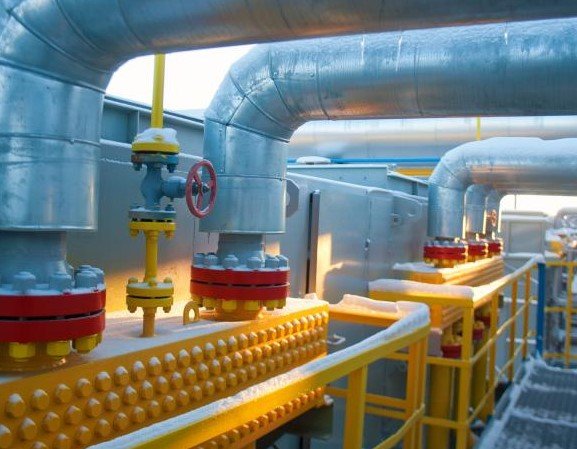Company Challenges Bremer County’s Effort to Regulate Carbon Dioxide Pipeline
Summit Carbon Solutions has filed a lawsuit against Bremer County, Iowa, as part of its ongoing battle against local efforts to impose regulations on the company’s planned carbon dioxide pipeline. This marks the third such legal challenge from Summit, which has previously taken action against Story and Shelby counties over similar ordinances. The latest lawsuit mirrors earlier disputes in which Summit claims local regulations on pipeline siting are preempted by federal authority.
The case hinges on whether counties have the authority to regulate the placement of pipelines, a power that Summit argues lies solely with federal regulators. Despite a ruling in December 2023 that sided with Summit, barring two counties from enforcing such ordinances, Bremer County is now facing legal action for passing and enforcing similar regulations.
Bremer County’s Actions Spark Legal Conflict
Summit filed the lawsuit after Bremer County enacted ordinances in September 2024 that mirror those struck down in the previous legal battles. The county is accused of not only passing these regulations but also threatening to fine Summit for non-compliance. A letter from Bremer County Attorney Darius Robinson, dated October 30, 2024, warned Summit’s legal counsel that the company was not in compliance with the county’s new pipeline ordinances. Robinson’s letter further threatened legal action if Summit did not adhere to the regulations.

Despite the legal precedence from the earlier cases, Summit’s lawsuit claims that Bremer County has chosen to ignore the federal court’s decision and enforce its local laws. In response, Summit is seeking both declaratory and injunctive relief to prevent the county from enforcing these ordinances.
Summit’s legal counsel has emphasized that this lawsuit is necessary to protect its multi-state carbon dioxide pipeline project, which is already under construction in various stages. Bremer County has not yet filed a formal response to the lawsuit, leaving the legal future of these ordinances uncertain.
Summit’s Ambitious Pipeline Project Faces Local Resistance
Summit’s planned carbon dioxide pipeline is a critical part of the company’s broader initiative to capture carbon emissions from over 50 ethanol plants across five states: Iowa, South Dakota, North Dakota, Minnesota, and Nebraska. The project will span more than 2,500 miles of underground pipelines, transporting the captured carbon dioxide to a storage site in North Dakota.
In Iowa, the pipeline will cross 39 counties, including Bremer County. The project is already underway, with Summit making significant progress in the permitting process with the Iowa Utilities Commission. The commission has granted Summit approval for the first phase of the project, while the company is now seeking permits for the second phase, which will extend the pipeline to serve additional ethanol plants across Iowa.
Legal Precedent and State Authority
The latest lawsuit follows two previous legal battles in 2022, where Summit challenged similar county ordinances in Story and Shelby counties. In those cases, Summit argued that local governments were attempting to impose requirements on the pipeline’s placement that could only be enforced by federal regulators. The case went to the U.S. District Court for the Southern District of Iowa, which ruled in favor of Summit in December 2023, issuing a permanent injunction against the counties’ ordinances.
The ruling was a significant victory for Summit, reinforcing the company’s position that the authority to regulate pipelines belongs with state and federal agencies, not local governments. However, Bremer County’s decision to enforce similar regulations suggests that local opposition to the project is still strong, despite the federal ruling.
Financial and Community Impact of Summit’s Pipeline
Summit’s pipeline project is already having a significant economic impact in Iowa. The company has secured voluntary easements for much of the proposed route, compensating landowners with over $159 million for access to their property. While the company has made substantial progress, local opposition, including from county governments, continues to be a hurdle in the development of the pipeline.
The carbon dioxide pipeline is part of a larger initiative to capture and store carbon emissions, which is seen as a key strategy in mitigating climate change. However, the project has faced opposition from environmental groups and local residents concerned about the environmental risks associated with transporting and storing carbon dioxide underground.

Comments